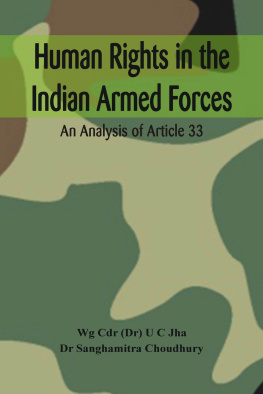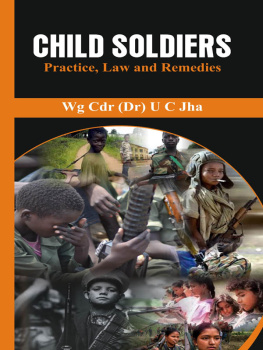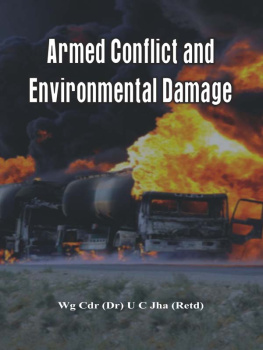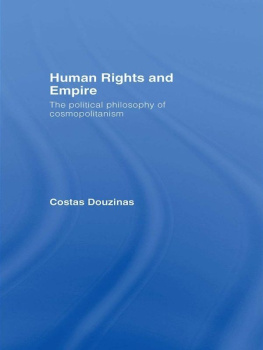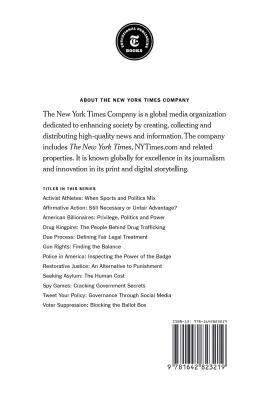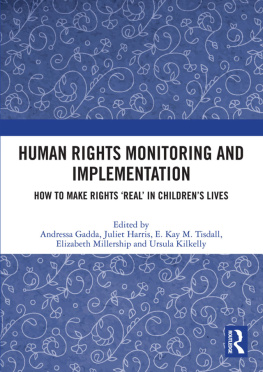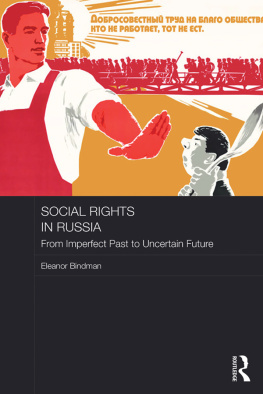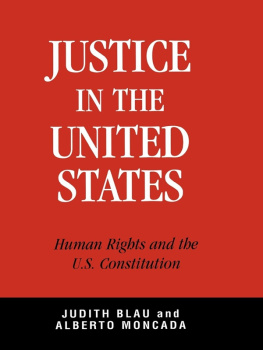First Published in 2019
Published by
Vij Books India Pvt Ltd
(Publishers, Distributors & Importers)
2/19, Ansari Road
Delhi 110 002
Phones: 91-11-43596460, 91-11-47340674
Fax: 91-11-47340674
e-mail:
web : www.vijbooks.com
Copyright 2019, UC Jha
ISBN: 978-93-88161-22-0 (HB)
ISBN: 978-93-88161-23-7 (PB)
ISBN: 978-93-88161-24-4 (ebook)
All rights reserved.
No part of this book may be reproduced, stored in a retrieval system, transmitted or utilized in any form or by any means, electronic, mechanical, photocopying, recording or otherwise, without the prior permission of the copyright owner. Application for such permission should be addressed to the publisher.
This publication is designed to provide accurate and authoritative information to the readers. It is based upon resources which are believed to be reliable and accurate. The authors and publisher are not engaged in rendering any legal service. In case any expert legal assistance is required, the services of a competent legal professional person should be sought.
The Indian Constitution guarantees the essential human rights in the form of the Fundamental Rights (Part III) and the Directive Principles of State Policy (Part IV), which are the cornerstone of governance of the country. The important rights and freedoms granted under the Constitution are equal protection under the law, freedom of speech and expression, freedom of worship and religion, freedom of assembly and association, freedom of person, freedom against double jeopardy and against ex post facto laws. Article 13 of the Constitution states that the State shall not make any law which takes away or abridges the rights conferred by Part III and that any law made in contravention of this provision shall be void. The term law includes any ordinance, order, by-law, rule, regulation, notification, custom or usage having the force of law within the territory of India.
A notable feature of the Constitution is that it accords a dignified and crucial position to the judiciary. Article 13 confers a power and imposes a duty and an obligation on the courts to declare a law void if it is inconsistent with a Fundamental Right. Article 32 gives the judiciary the power to protect the peoples fundamental rights from any undue encroachment by any organ of the State. The jurisdiction so conferred on the Supreme Court and high courts is a part of the inviolable fabric of the Constitution.
The Fundamental Rights have been liberally construed by the Supreme Court in the last five decades, keeping in view the International Covenants to which India is a party.
Article 33 of the Constitution, however, constitutes an exception to the Fundamental Rights. It empowers the Parliament to restrict or abrogate the fundamental rights of certain categories of government servants so as to ensure the proper discharge of their duties and the maintenance of duties amongst them. Besides the three wings of the armed forces, these rights have been abrogated in respect of members of the forces charged with the maintenance of public order, persons employed in any bureau or organization established for the purposes of intelligence or counter-intelligence, and those employed in communication systems set up for the purposes of any force, bureau or organization.
Article 33 does not by itself abrogate any right; its applicability depends upon parliamentary legislation. Parliament, in exercise of powers conferred by Article 33, can restrict or abrogate the Fundamental Rights in their application to the members of the armed forces. For example, it has abrogated certain powers of persons subject to the Navy Act, 1957, under Section 12 of the Act. In other cases, Parliament has empowered the Central Government to make rules to restrict certain Fundamental Rights of the members of the forces. For instance, the Central Government, exercising its rule-making power under the Army Act, 1950 and the Air Force Act, 1950 has abrogated certain Fundamental Rights of the members of the Indian Army and the Air Force. These rights relate to the freedom of speech and expression, the freedom of assembly, and the freedom to form associations and unions and are part of Article 19 of the Constitution.
The Indian Armed Forces are governed by the respective service Acts which owe their origin to British laws drafted in the post-Mutiny era to govern native soldiers, who were considered uneducated, uncultured and undisciplined. Unfortunately, no honest attempt has been made since Independence to modernize the military legal system, keeping in mind the expanding horizon of international human rights laws and the changes made by other democratic countries. Let us take an example. In 1982, the Supreme Court of India in PPS Bedis case, made a critical assessment of the Indian military legal system for the first time. It commented that the winds of change blowing over the world necessitated a second look to bring the provisions of military law in conformity with the liberty-oriented Constitution and the rule of law which formed the uniting and integrating force in our political society. The Supreme Court urged the Parliament to reform military law in view of the changed value system, and commented that fair play and justice could not always be sacrificed at the altar of military discipline. The government did nothing except making a few minor amendments to the legal system. Some of these amendments were made after the judiciary made scathing remarks on the antiquity of the military legal system, while others were made after the corresponding provisions of the civil criminal justice system was amended.
The Parliamentary Standing Committee on Defence (2005-06) in its Tenth Report said, it is high time that these (service) Acts be reviewed in totality in the light of the judgments delivered by the courts to make their provisions more democratic. The Committee recommended that An expert committee be constituted to thoroughly review the Acts and make recommendations to bring them in tune with the norms being followed in other democratic countries. The Committee also desired that a common disciplinary code be created so as to bring uniformity in the dispensation of justice to the armed forces personnel.
The reaction of the government to these criticisms and recommendations has been indifferent and slow. Twenty-five long years after the Supreme Courts comments in the PPS Bedi case, Parliament finally woke up and the Armed Forces Tribunal Act was passed to pave the way for the establishment of the Armed Forces Tribunal. The Tribunal has been functioning with congenital defects. It has no power of civil contempt and therefore its decisions cannot be enforced. It does not have jurisdiction in issues relating to leave, postings, summary trial, and summary court martial where punishment is less than three months of detention. In case of any dispute relating to these issues, the final authority remains with the military hierarchy or the central government. In other words, arbitrariness or unreasonableness on the part of the authorities in these matters cannot be questioned in any court of law.
The higher judiciary often chooses the path of least resistance by supporting the military organization in any controversial case. The few cases in which the courts have intervened have had little impact on military governance. The courts are generally of the opinion that any adverse comment on military higher-ups may erode discipline in the armed forces. The judiciary believes in good faith that by supporting the organization, they are affording an opportunity to the military hierarchy as well as the government to rectify the defects in governance and the justice delivery system.

